Son Dakika

Günümüz dünyasında başarı ve görünürlük öne çıkarılırken, tevazu ve yapılan iyiliklerin samimiyeti bazen göz ardı ediliyor. Oysa gerçek iyilik, karşılık beklemeden yapılan iyiliktir. Olgun bir insan, yaptığı iyilikleri unutabilir çünkü bilir ki, bu iyilikler sadece kendisinden değil, daha büyük bir kaynaktan gelir.
Olgunluk, iyiliği başkalarına göstermek için değil, kalpten geldiği gibi yapabilmektir. İyiliği takdir edilmek için değil, doğru olanı yapmak için yapmak gerekir. Tevazu, insanın içsel gücünün bir göstergesidir ve gerçek büyüklük, alçakgönüllülükten doğar.
Kuzenim küçük, sakin bir mahallede yaşıyor. Orada, tek başına yaşayan yaşlı bir teyze var. Evi uzun zamandır bakımsız kalmış, özellikle bahçesi iyice düzensizleşmişti. Çiçekler solmuş, çimenler kurumuş, yapraklar ve çöpler her yere dağılmıştı. Mahalledeki insanlar bu durumu fark etmişti, ancak kimse ona yardım etmek için bir adım atmamıştı. Çünkü teyze, kimseye yük olmak istemediği için yardım istemekten çekiniyordu.
Bir gün, kuzenim eve dönerken teyzenin bahçede çalıştığını gördü. Yorulmuştu ama inatla uğraşmaya devam ediyordu. Küçük bir tırmıkla yaprakları toplamaya çalışıyordu, ancak hareketleri gittikçe yavaşlıyordu. Sonunda, bir an dengesini kaybederek yere düştü.
Bunu gören kuzenim hızla yanına koştu.
“Teyzeciğim, iyi misiniz? Yardım edebilir miyim?” diye sordu.
Teyze hafif mahcup bir şekilde gülümsedi. “Yok evladım, ben hallederim,” dedi. Ancak gözlerindeki yorgunluk her şeyi anlatıyordu.
Kuzenim gülümsedi. “Bahçeyle uğraşmayı gerçekten severim. İsterseniz birlikte yapabiliriz?”
Teyze önce tereddüt etti ama sonra başını salladı. O günden sonra, kuzenim düzenli olarak gelip teyzenin bahçesinde çalışmaya başladı. Çiçekleri suladı, solmuş otları temizledi, yerlere dökülen yaprakları topladı. Eski, kırık bir bankı tamir edip rahat bir oturma alanı oluşturdu. Teyze önce bu kadar yardımı kabul etmekte zorlandı, ama kuzenimin içtenliğini gördükçe buna alıştı.
Zamanla bahçe yeniden canlandı. Çiçekler açmaya, ortam daha düzenli görünmeye başladı. Ama en önemlisi, teyzenin yüzündeki gülümseme geri geldi. Kuzenimin çabalarının farkındaydı ama o hiçbir zaman bundan bahsetmedi. Ne zaman teşekkür etmeye kalksa, kuzenim mütevazı bir şekilde, “Bunlar küçük şeyler, size yardımcı olabildiysem ne mutlu bana,” diyerek konuyu kapattı.
Onun için iyilik yapmak, bir sorumluluk değil, içinden gelen doğal bir davranıştı. Karşılık beklemiyor, bir teşekkür bile onun için önemli değildi. O sadece doğru olanı yapmıştı ve bunun huzuru ona yetiyordu.
Belki de en güzel iyilik, fark edilmeden ve karşılık beklemeden yapılandır. Gerçek iyilik, insanın içinden gelerek yaptığı, karşılığında hiçbir şey ummadığı iyiliktir. Bazen en kıymetli yardımlar, sessizce, hiç dile getirilmeden yapılanlardır.
The True Essence of Kindness: Maturity and Humility
In today’s world, success and visibility are often celebrated, while humility and the sincerity of good deeds are sometimes overlooked. Yet, true kindness is not about recognition—it is about giving without expecting anything in return. A mature person does not keep track of their good deeds, knowing that they stem not from themselves but from a higher source.
Maturity is not about showcasing kindness to others but about acting from the heart. True kindness is not performed for praise but simply because it is the right thing to do. Humility is a reflection of inner strength, and true greatness is rooted in modesty.
My cousin lives in a small, quiet neighborhood. There is an elderly woman there who lives alone. Her house has been neglected for some time, especially her garden, which has fallen into disrepair. The flowers have wilted, the grass has turned yellow, and leaves have piled up in the corners. The neighbors have noticed but never stepped forward to help. The elderly woman is proud and prefers not to ask anyone for assistance.
One day, as my cousin was walking home, he noticed her struggling in the garden. She was trying to clear the fallen leaves with a rake, but she was clearly having difficulty. At one point, she lost her balance and gently fell to the ground. Seeing this, my cousin rushed to her side.
“Auntie, are you alright? Can I help you?” he asked.
At first, she seemed embarrassed. “No, dear, I’ll manage,” she said softly. But the exhaustion in her eyes told a different story.
My cousin smiled. “I actually enjoy working in gardens. How about we do it together?”
She hesitated for a moment but then nodded. From that day on, my cousin started visiting her garden regularly. He watered the plants, cleared away the dry leaves, and even repaired an old bench so she could sit comfortably. At first, the elderly woman seemed unsure about accepting so much help, but when she saw my cousin’s sincerity, she finally let him.
Over time, the garden slowly transformed. The flowers bloomed again, the space became tidy, and most importantly, a warm smile returned to the elderly woman’s face. She noticed my cousin’s efforts but never heard him speak of them. “These are just small things,” he would say whenever she tried to thank him. “I’m happy if I could be of help.”
For my cousin, helping her was never about recognition. He didn’t expect gratitude; he simply saw someone in need and stepped in. And in doing so, he unknowingly embodied the truest form of kindness.
Perhaps the most beautiful acts of kindness are the ones that go unnoticed the ones done not for acknowledgment but for the quiet peace they bring to both the giver and the receiver. True kindness is not about making a statement; it is about making a difference, however small it may seem. Sometimes, the most valuable help is the one given silently, without expectation.



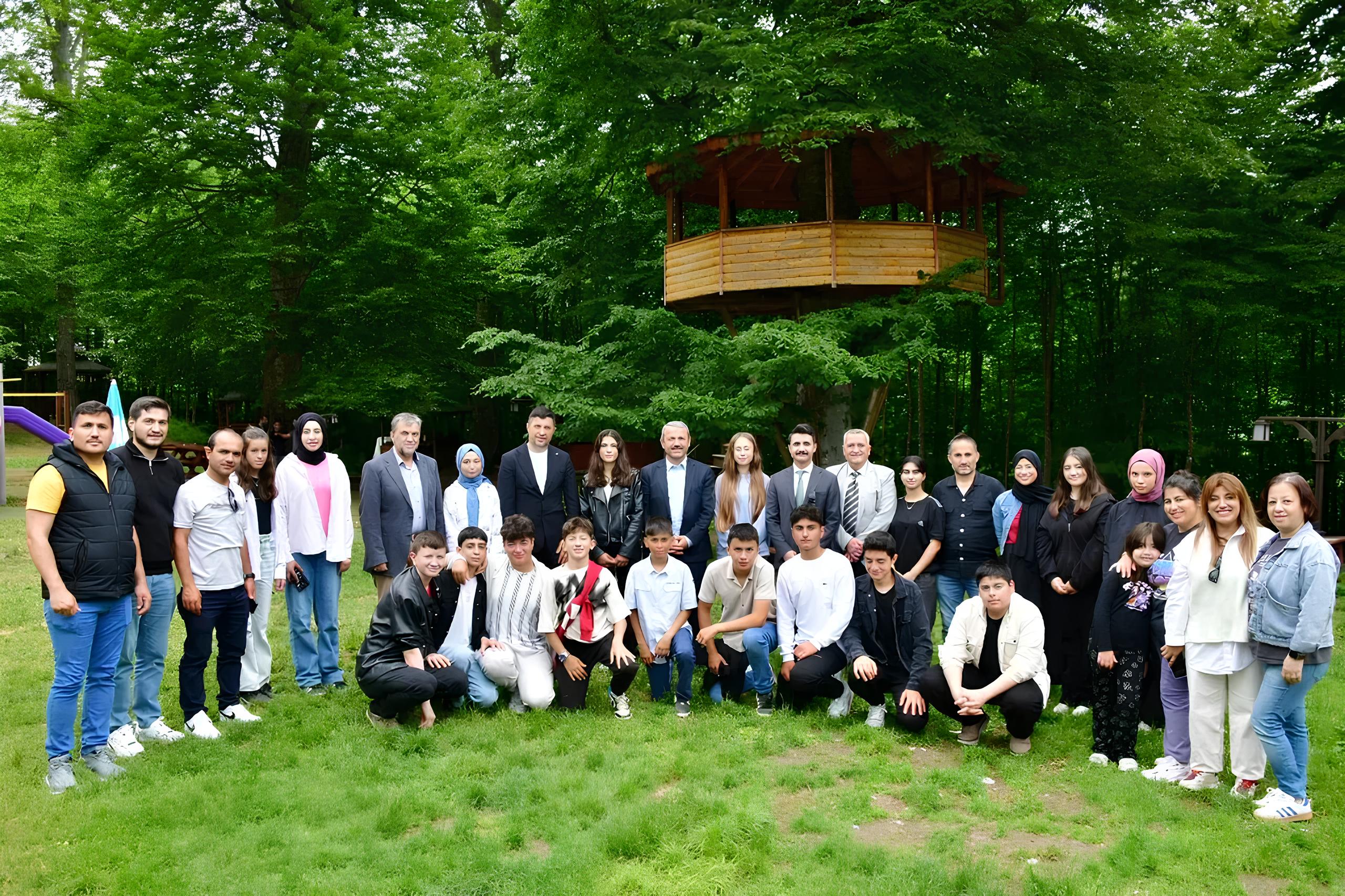

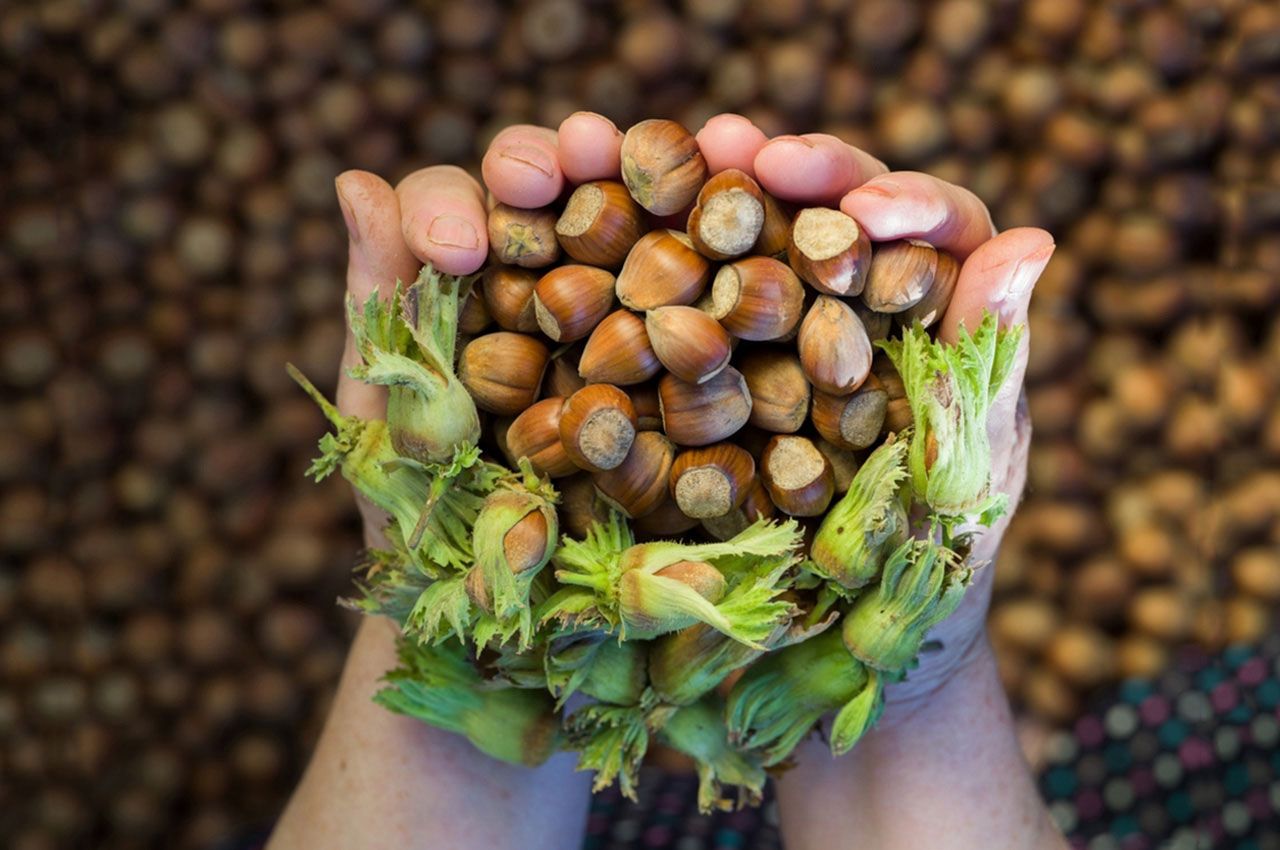
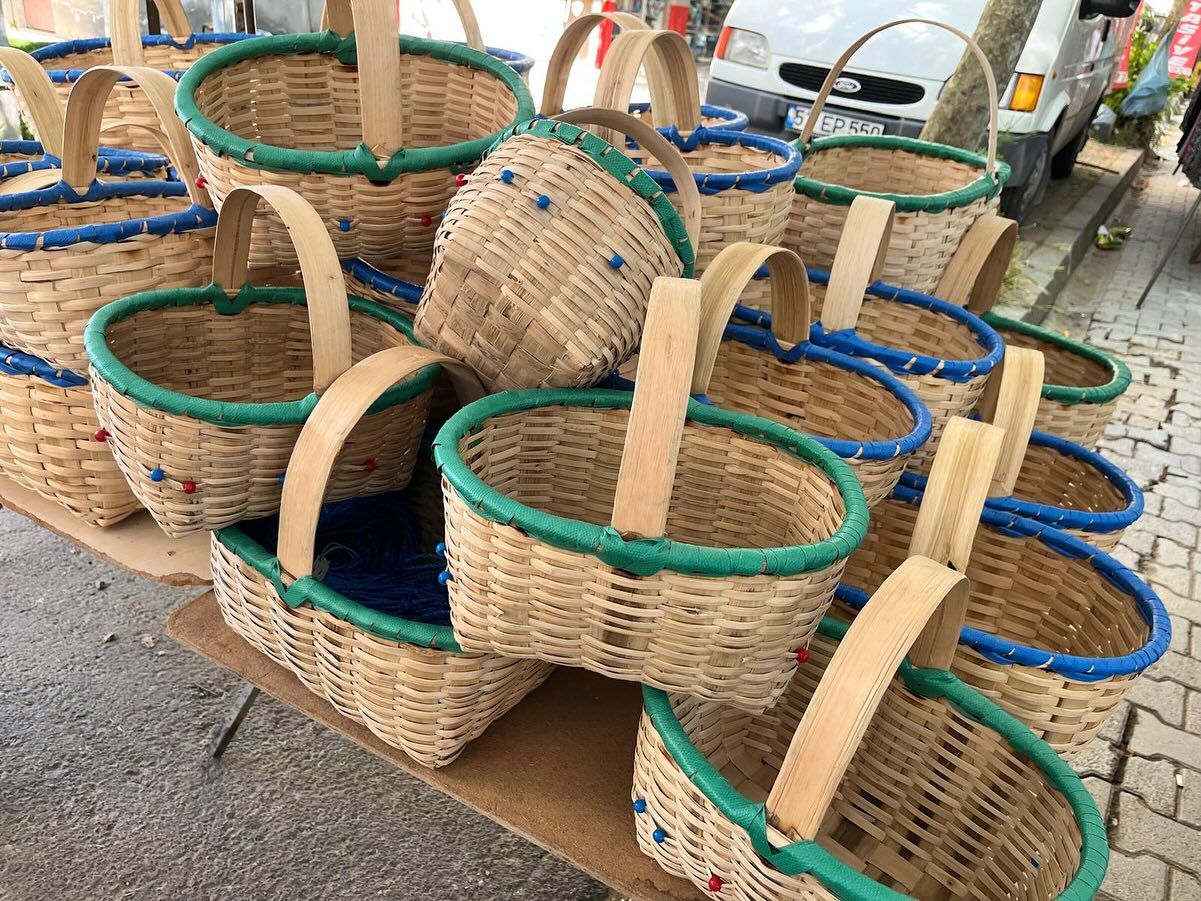
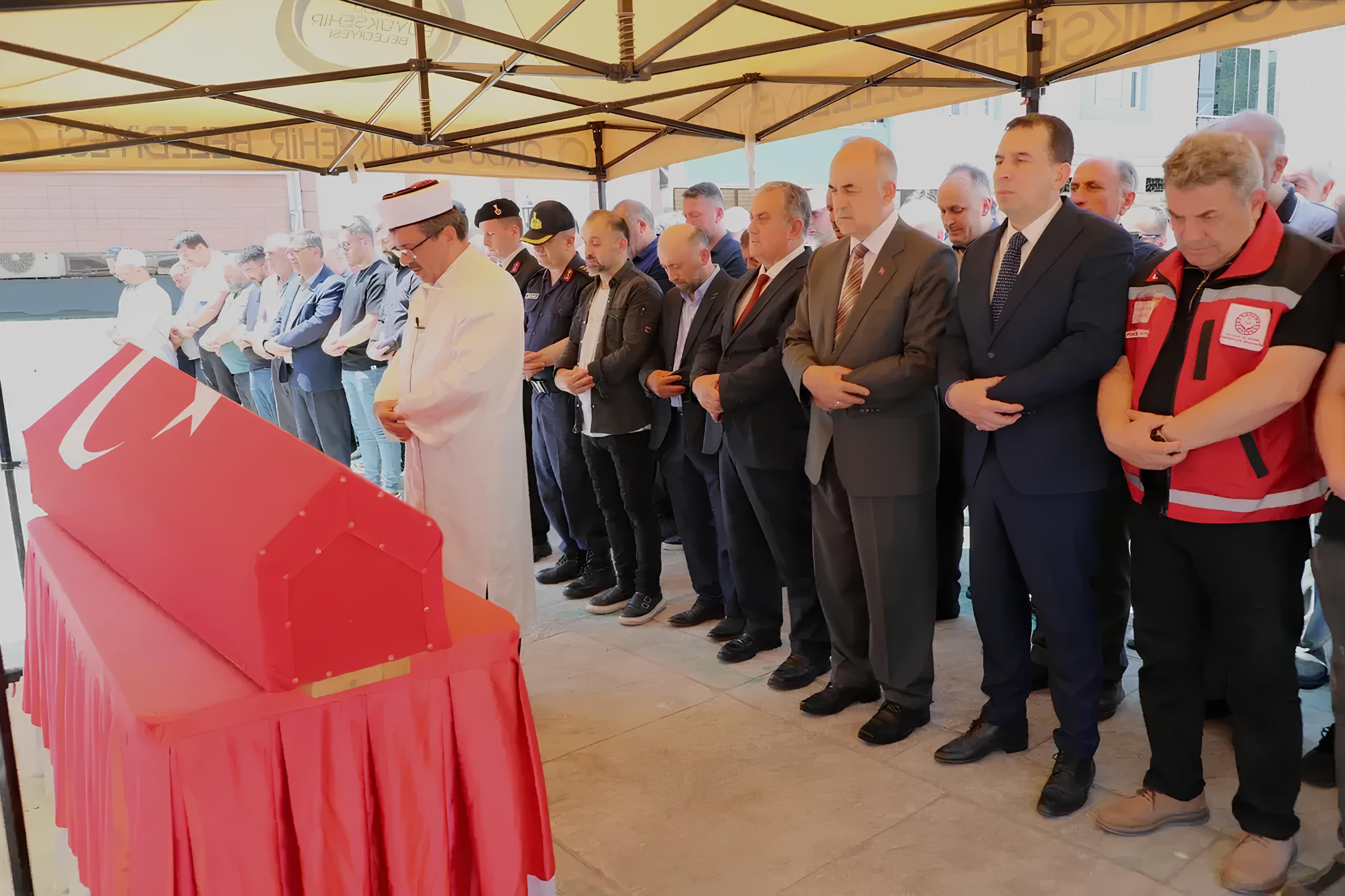
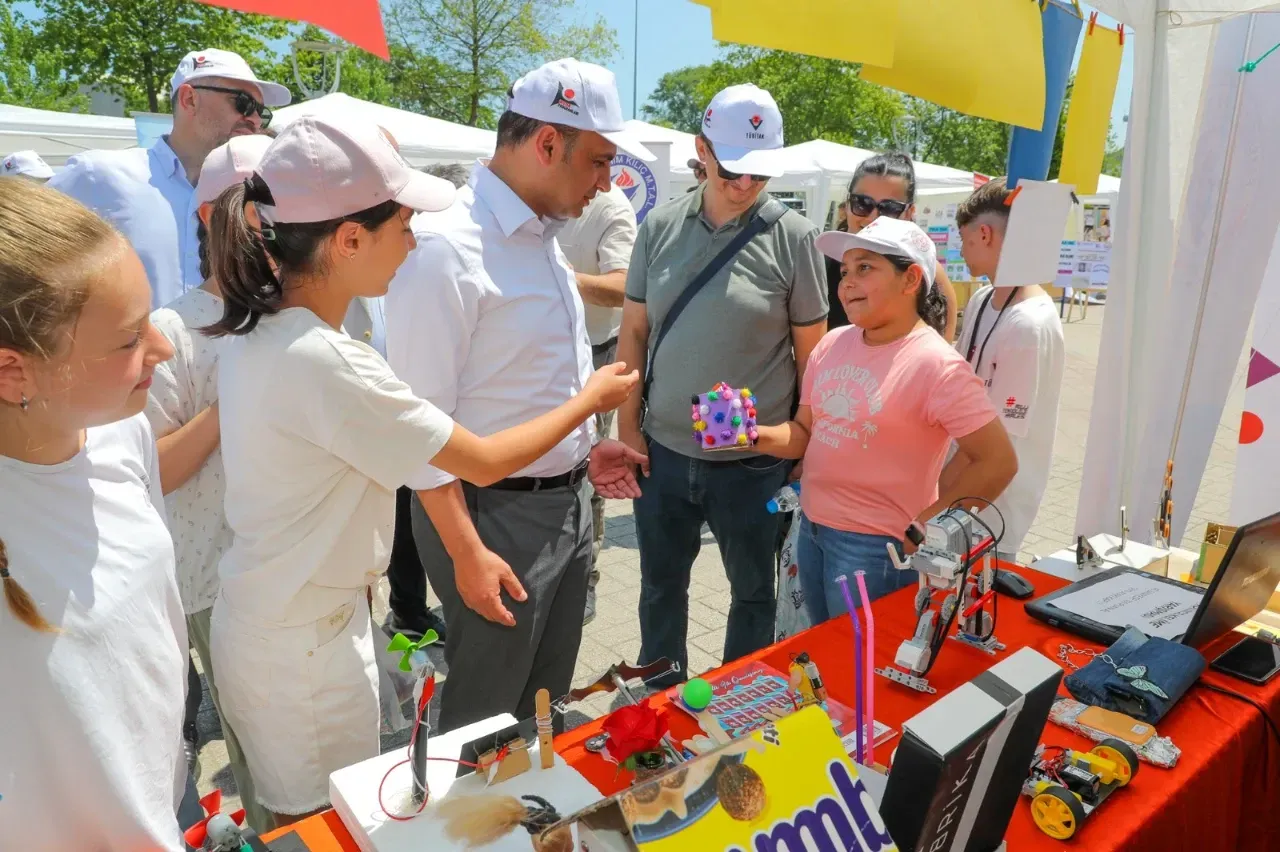
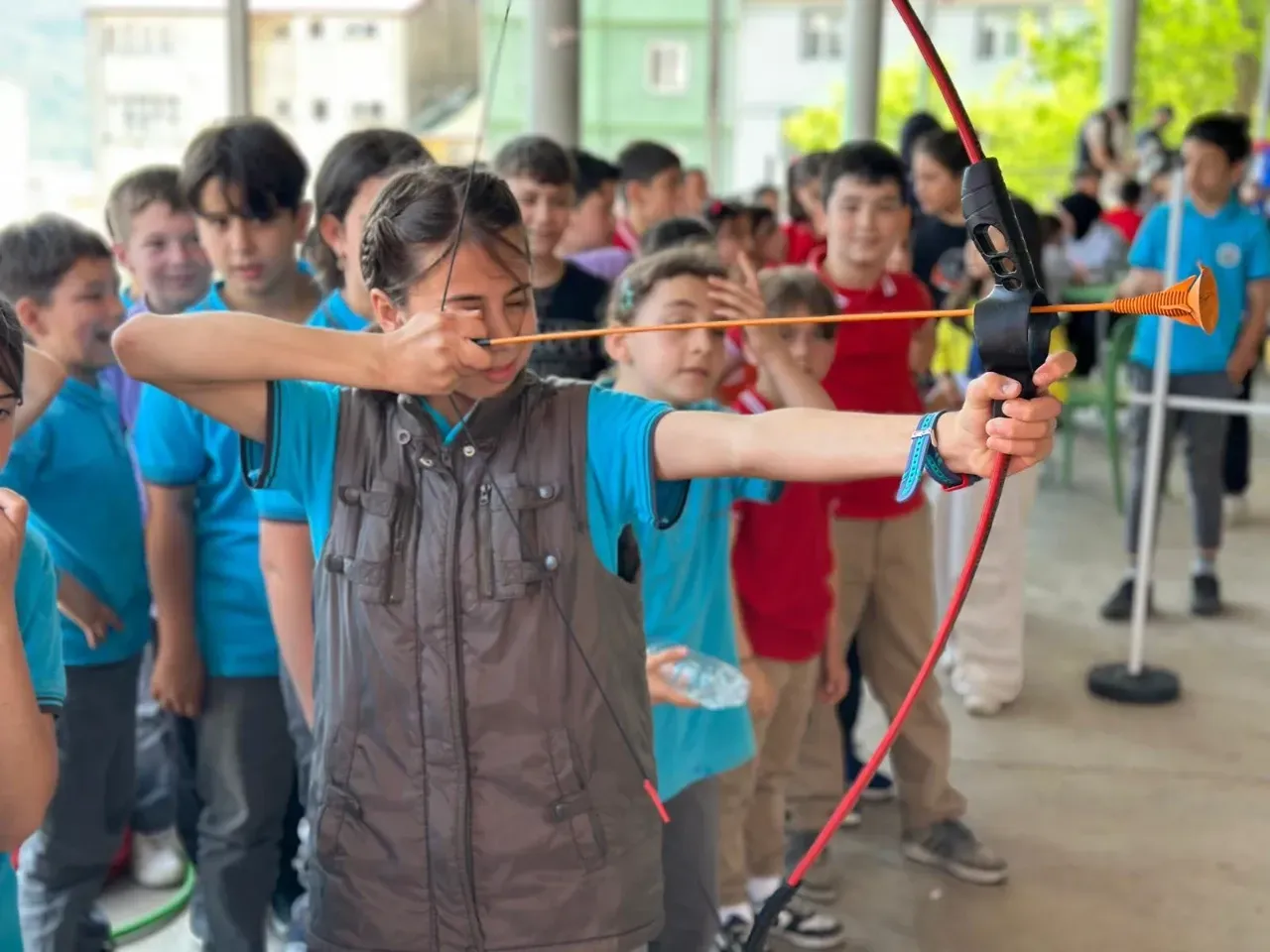

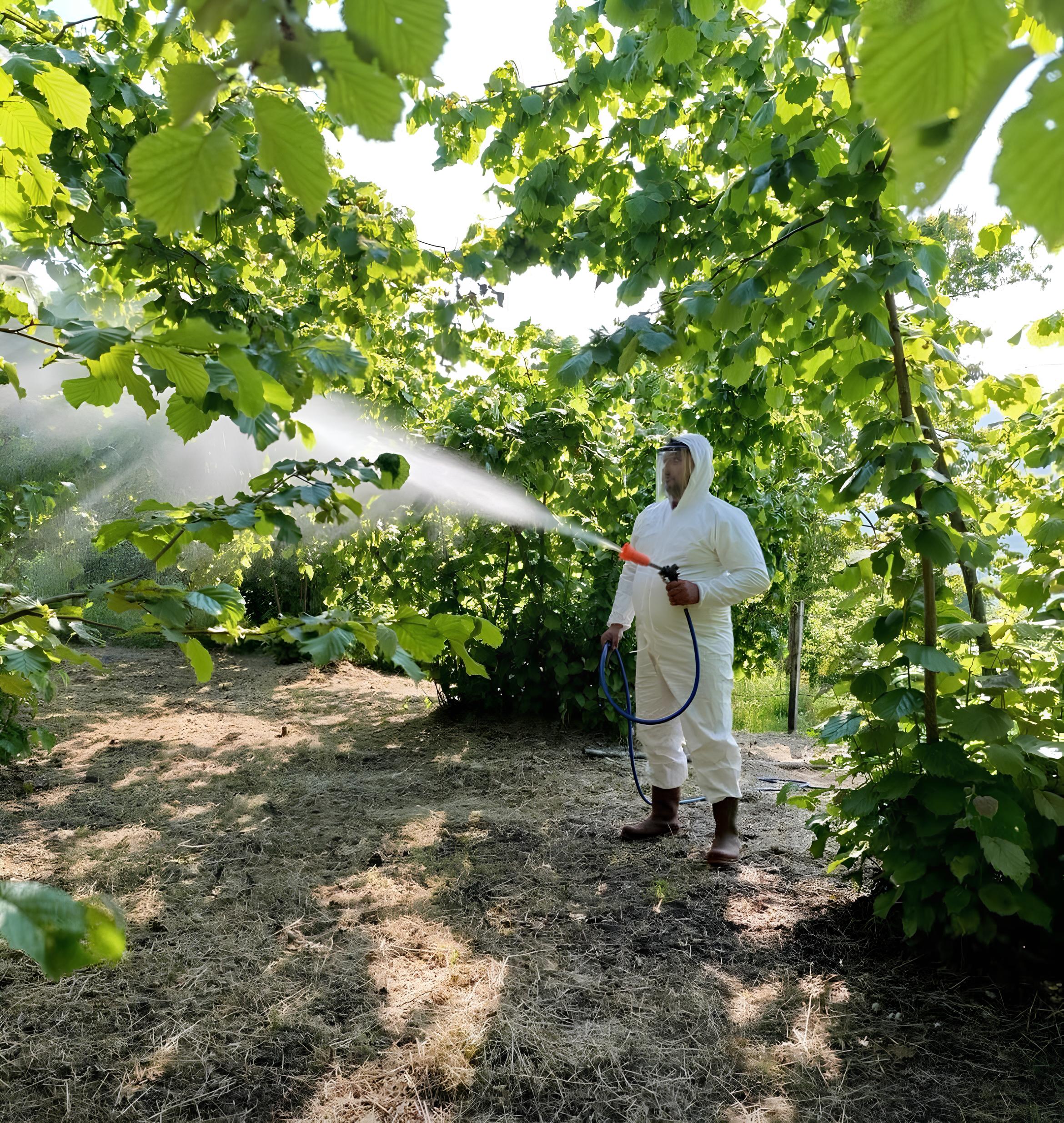





Yorum Yazın